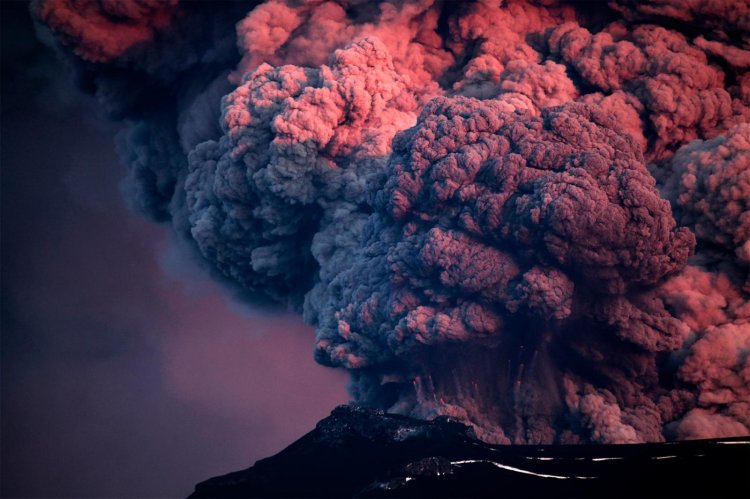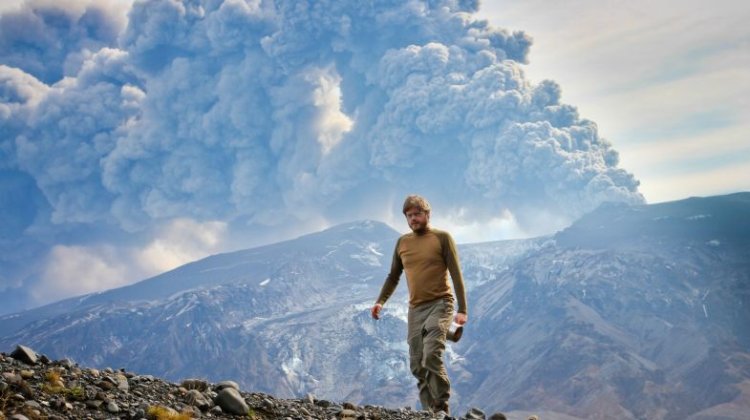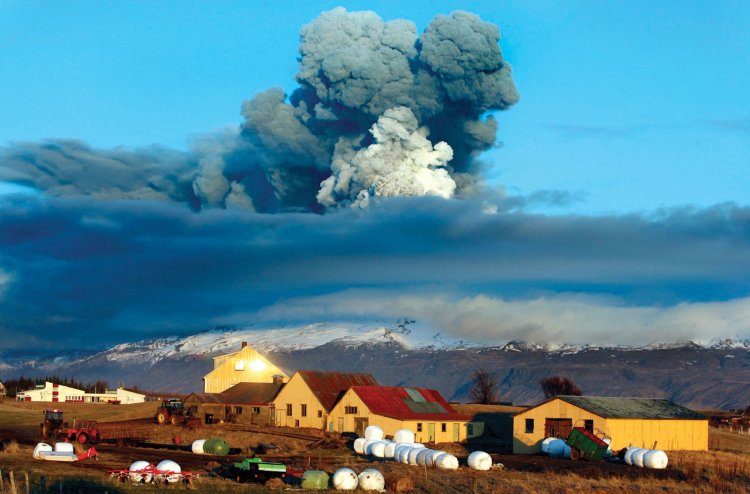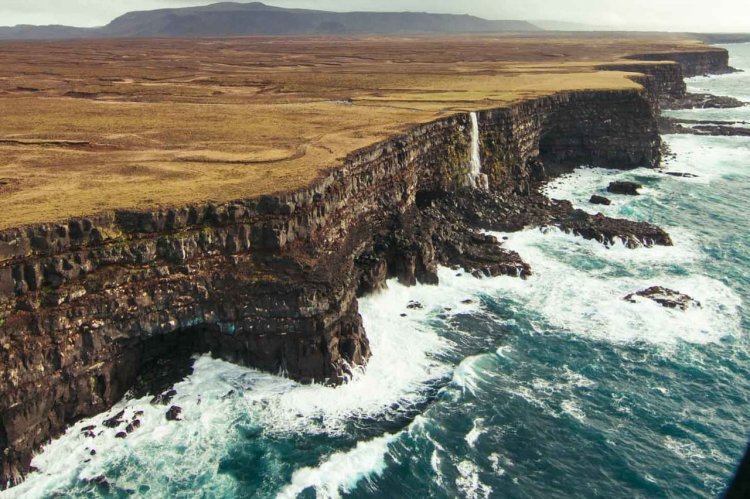Mother Nature Is Angry: This Country Had 20 Thousand Earthquakes in 1 Week, Is A Disaster On The Way?
Salena Harshini |Mar 08, 2021
With that huge number of Iceland earthquakes within only a week, experts are concerned with the high frequency of risks that this country may suffer.
Conversation reported that the southwestern region of Iceland recorded 20,000 earthquakes in the past week. They all occurred in the Reykjanes peninsula.
People living here are warned to take cautions as the risk of landslides is immense. Many of the Iceland earthquakes were so intense that they even shook the Icelandic capital Reykjavik, located 27 kilometers away.
From 17,000 to 20,000 earthquakes
The number was already horrifying before it rose to another tremendous number.

20,000 earthquakes in a week, terrifying! This frequency is concerning experts about the possibility of larger earthquakes, and the possibility of activating the volcanic system Krýsuvík in the area. Southwest Iceland has been of tranquility for centuries.
However, the tranquility could be broken by a period of turmoil if a volcano activated. And it looks like we are entering such a turbulent time.
In fact, the recent dense earthquake was only part of the high-intensity seismic activity that began more than a year ago. The quakes will totally release a huge amount of energy.

However, the big worry is that magma is also piling up, reaching closer to the surface. When this happens, the risk of groundbreaking and volcanic eruptions is very likely.
On March 3, concern was heightened when seismic activity with magma shifts in the area was detected. It suggested that the danger of volcanic eruption exists. Authorities then blocked many roads and increased patrols in potentially explosive areas. Lava can slowly travel to the surface and then stop. Nonetheless, it is still advisable that one should prepare for the worst scenario.
What risks are the world facing?
The last time southwestern Iceland saw such turmoil was in the 14th century when mankind did not yet have a seismic monitor. However, the population was small at that time and no one had recorded any signs before the volcano was active. Therefore, the current instability is concerning.

At the present time, Iceland has the most advanced geological and volcanic activity tracking system. They have the ability to track and predict quite effectively. Therefore, if the volcano does erupt, there's likely not much damage - at least in terms of people.
However, the biggest international concern about volcanoes in Iceland is that they have the potential to disrupt aviation. Ash from volcanoes would follow the wind through Western Europe (like the eruption of Eyjafjallajökull volcano in 2010).

Furthermore, the ash can rise very high in the atmosphere, reaching the stratosphere - where commercial flights on the already busy Atlantic airline route pass. However, volcanoes in Iceland will hardly create too much ash, so this risk is quite low.
Visit Starbiz.com for more Trending Worldwide news!




Comments
Sort by Newest | Popular